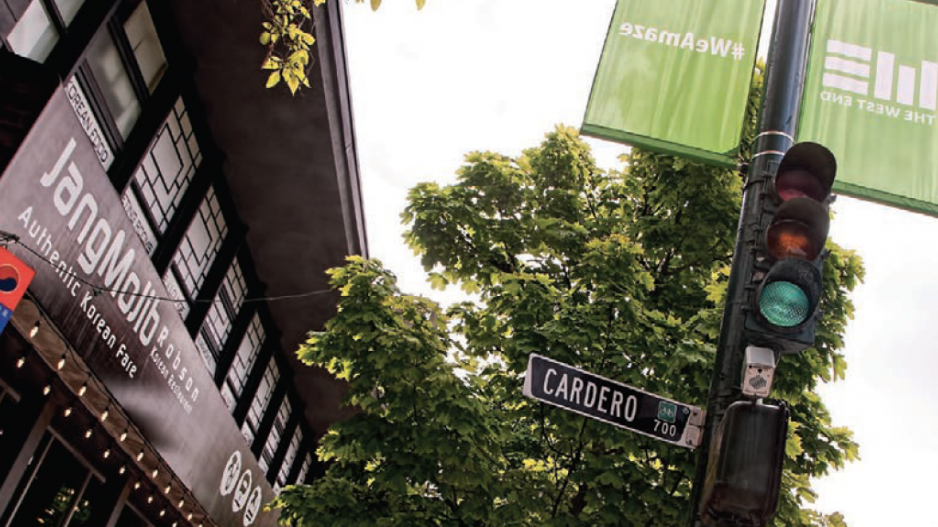Like many Asian markets, South Korea – B.C.’s fourth-largest trading partner – wants to boost business and investment relations with Western Canada through promoting people-to-people exchanges.
Unlike most others, however, Korean officials have taken on the task through a uniquely transparent campaign, encouraging Canadian firms to hire Korean-Canadians or international students from South Korea.
At a May 24 gathering of Canadian-Korean business representatives, consul Lee Kangjun said the South Korean Consulate in Vancouver has already held annual job fairs in Metro Vancouver, trying to connect young Korean students and those on working-holiday programs with Canadian companies. While the program has been popular, Lee said, officials are now trying to show B.C. businesses the benefits of hiring those with Korean links.
“They could be the bridge between cultures,” Lee said. “There are already many Koreans and Korean-Canadians here, contributing to Canadian society. All we are asking is for businesses to give them a chance to prove themselves.”
Part of the driving factor behind South Korea’s bid to interest Canada in hiring young Koreans is that country’s own economy. Although its unemployment rate remains a low 4%, its youth unemployment has crept up towards 10%.
With South Korean conglomerates – known as chaebols – like Samsung and Hyundai dominating the domestic economy, those companies’ struggles in recent years (partially due to China’s closing of trade links with Seoul amid increasing geopolitical tensions) have hurt the country’s ability to generate jobs within its borders.
However, Seoul’s case may fall on deaf ears in Ottawa and locally in B.C., immigration observers say. Several analysts noted that South Korea’s domestic unemployment rate – for both the entire population and for youth – continues to outperform most western countries like Great Britain (4.7% and 12.4%, respectively), France (10% and 22%), Italy (11% and 34%) and Canada itself (6.5% and 11.7%).
“The [Korean government’s] arguments apply equally to unemployed youth in western Europe, which, in some places, will grossly exceed the South Korean youth unemployment rate,” said Kurland-Tobe immigration lawyer Richard Kurland, who added this is not the first time foreign officials have promoted their labour force in Canada, although past campaigns were more subtle.
“They can try, but our Charter and Canadian Bill of Rights do not allow for discrimination,” Kurland said. “Our policies have been clear: employment preference goes to Canadians and permanent residents. Our employment choices are based on skills, not skin or where you come from.”
If anything, the move appears to once again confirm Vancouver’s popularity with Asian youth, who are seen by their governments as potential pioneers for building future cross-Pacific links.
A check of International Experience Canada’s website on working holidays – the program that allows people under a certain age in some countries to visit Canada and work without a visa for one year’s time – shows that South Korea has an annual quota of 4,000 spots in the program.
As of May 26, only 71 spots remained for 18,753 candidates in the application pool, and the website lists applicants’ chances of receiving a spot as “very low.” However, South Korea again isn’t alone; in the same report, France has only three of its quota of 7,700 left, with 12,975 candidates remaining. Great Britain, similarly, has only 17 of its 5,000 spots open for the 5,491 candidates there.
Lee, however, said B.C.’s position in the Asia-Pacific region makes it important for the province to look more carefully at creating relationships with Asia. He noted Hyundai’s Lower Mainland research facility has a workforce of 100, made up almost completely of local hires.
“Adding new blood who can contribute to Canadian society as new Canadians is crucial for a multicultural country like Canada,” he said, noting more outreach efforts will be made, including the next job fair on June 21 in Burnaby. •




